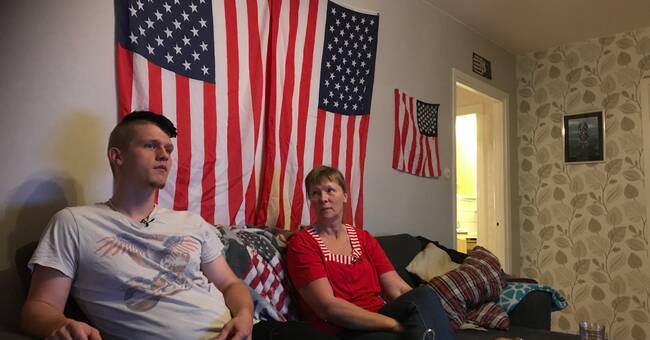Martin from Linköping has a disability which means that he cannot take a regular job.
This has been stated in several investigations and in medical certificates.
Försäkringskassan's own administrator also agreed with that assessment.
Nevertheless, the Swedish Social Insurance Agency decided that Martin had the ability to work and would therefore lose his activity compensation.
Försäkringskassan's "decision makers" thus went against their own administrator.
The reason was that Martin had received good reviews from his daily activities.
And Försäkringskassan's reconsideration unit came to the same decision.
FK got homework
But the court gave the Swedish Social Insurance Agency a lesson.
A daily activity is an occupation.
Being able to do it does not have to mean that you have the ability to work in a regular job, according to the Administrative Court in Linköping.
The ruling gave Martin the right to activity compensation until November 2020. But only a month later, in December 2020, the Swedish Social Insurance Agency decided - once again - that Martin would get rid of the activity compensation.
FK's reconsideration unit agreed
The motivation was the same as last time: Since Martin had received good reviews of his daily activities, he should be able to take a regular job, according to the Swedish Social Insurance Agency.
And Försäkringskassan's reconsideration unit agreed.
"Reality-based"
Recently, the verdict came from the Administrative Court in Linköping, which states: Försäkringskassan is wrong.
Martin is entitled to compensation.
The court writes in the judgment that the trial must be "grounded in reality".
Just because Martin has participated in daily activities at a workplace does not mean that he has the ability to work in a regular job, according to the court.
"According to the Administrative Court, the ability to participate in the initiative daily activities according to LSS can not be equated with the ability to work in gainful employment in the labor market."

